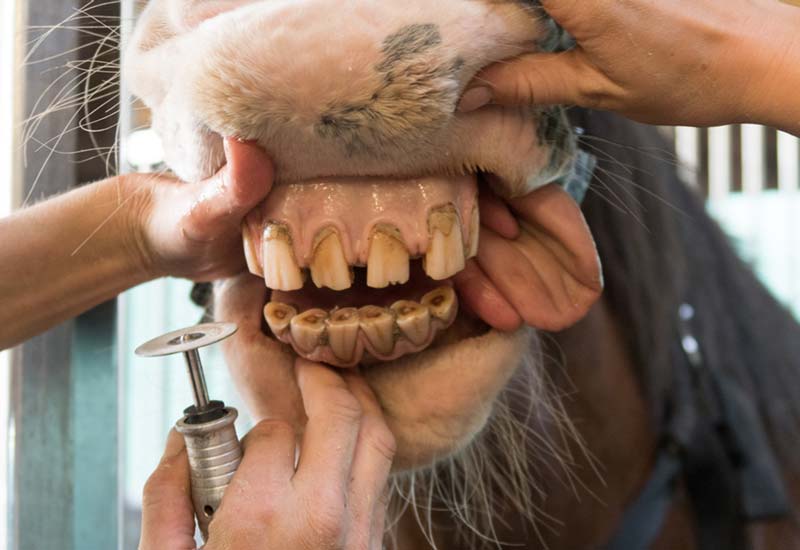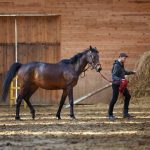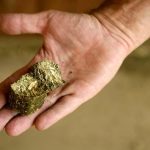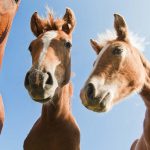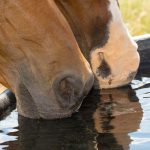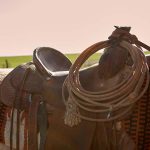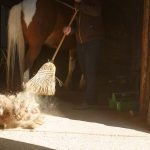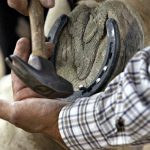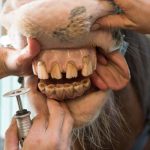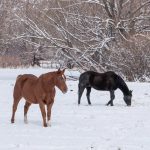Equine Dental Care
Horses need to chew their food properly in order to absorb the maximum amount of nutrients. This means that their teeth – which they rely on for the simple task of eating – need to be in great condition. You’ve probably heard the term “floated” used when describing your horse’s dental care, but aren’t quite sure what it means. This word is actually the equivalent of going to the dentist and having teeth repaired or pulled. As your horse ages, his or her teeth will need to be floated (cared for) in different ways. Let’s go over them here.
Young Horses
Young horses, like young children, will lose their initial set of teeth. These are referred to as milk teeth or deciduous teeth. Don’t be surprised if you find a gap in your young horse’s teeth one day or find a tooth or two laying on the ground. This is completely normal. With that said, you do need to keep an eye on your horse to ensure that his or her permanent teeth aren’t coming in wrong. They might be impacted, which can lead to infection. There’s also a condition called capping, which happens when the milk tooth doesn’t come out properly. It prevents the adult tooth from coming in, causing quite a bit of pain.
Mature Horses
Many mature horses are prone to having sharp edges on their teeth. This is particularly true of those who eat primarily grain and other things from a feeder – they don’t graze. Horses that graze occasionally ingest dirt along with grasses. This dirt contains things like silica that prevent their teeth from getting sharpened edges. This is a good thing since those sharp teeth can lead to accidental cuts in the mouth, similar to when you manage to bite your own tongue. If your horse ends up with sharpened teeth that lead to mouth lesions, then an equine health specialist must be called in, lest those cuts end up getting infected.
Senior Horses
Older horses are prone to a number of dental conditions, including tooth loss. While this is normal, it does make chewing difficult. You’ll have to feed your horse a special mashed concoction in order to ensure that he or she is getting all of the necessary nutrients. You should have an equine vet make regular checkups.
Signs To Look For
No matter the age of your horse, there are several things to look for in order to determine whether or not they’re having dental problems. These include spitting out small clumps of grass or hay, being head shy, chewing in an odd manner and drooling or foaming at the mouth. If you see any of these signs, please call an equine health expert right away.
It’s important to get your horse’s health checked by an expert several times a year or when a problem erupts, especially when that issue may stem from their teeth. Now that you know which signs to look for and what age stages various problems can occur, you’re one step closer to ensuring that your horse is kept at his or her optimum health.

